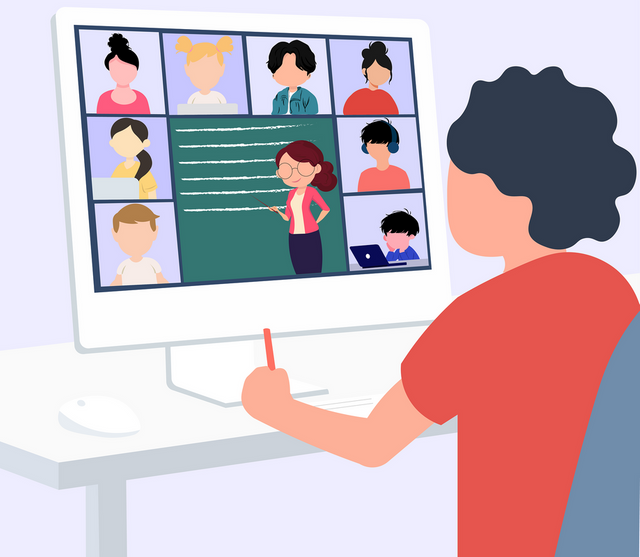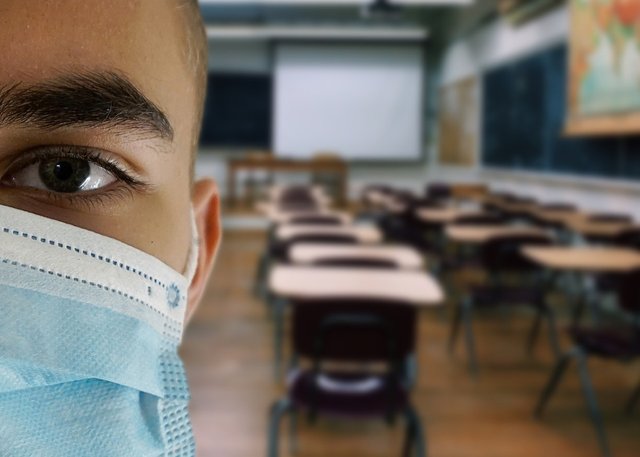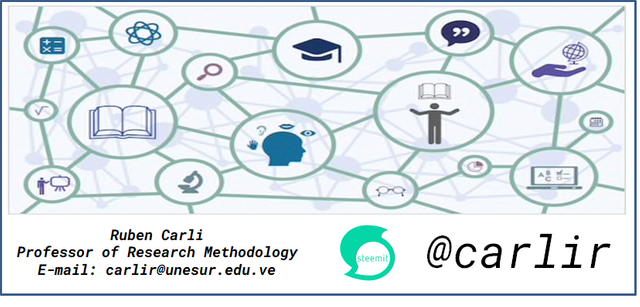
Greetings to all my dear and appreciated readers of this platform, this time I will share with you a topic that many are concerned about and that is how to address education after the pandemic and it seems easy to say that the pandemic is over and we return to normal education without assessing the impact that undoubtedly this deadly virus left in society and even more so in our children.
The return to classes in person by each of the educational actors, teachers, administrators, workers and students, marks a new educational era so to speak, and the learning that was experienced in the last two years for many countries was very hard because they did not have the technological tools required to address a clearly effective distance education. We are clear that other countries where distance education is already routine were not greatly affected by the pandemic.
In Latin America the pandemic showed the weaknesses that many countries have in terms of distance education, for example, in Venezuela it was a very difficult change to address because this country does not have the necessary tools to provide distance education. This situation undoubtedly affected the learning of thousands of students who were affected by the equity that can exist within this learning process, this brought with it a school backwardness much greater than that which could already be had as a result of the closing of schools due to the pandemic.

Source
The pandemic caused much damage in vulnerable educational systems, i.e. those where the technological and pedagogical tools for distance learning were not in their fullness did not achieve the expected objectives, which is why the challenge in recovering the lost time is very large and must be handled with great caution to avoid emotionally affecting the students who are the most aggrieved in this situation.
What is coming with the total prespecialty in schools will not be easy, as teachers must seek strategies to close the gap generated as far as learning equity is concerned, and try to turn weaknesses into strengths and make the return to classes in a face-to-face manner a fertile ground for the recovery of learning lost in these two years of pandemic that undoubtedly affected the education system in Latin America and particularly in Venezuela.


The world after the pandemic will not be the same as it was before... A lot of things have changed especially distance education and teleworking... I believe more attention will be paid to these particular areas in the future.
Thanks for sharing. Have a good day :)
Downvoting a post can decrease pending rewards and make it less visible. Common reasons:
Submit
greetings @carlir
the pandemic affected education considerably at all levels and the technological factor as you mention was undoubtedly an essential factor, both teachers and parents should support to help close that gap to recover the time and knowledge that was left to learn.
thank you very much for sharing
Downvoting a post can decrease pending rewards and make it less visible. Common reasons:
Submit
Well, your topic is quite remarkable, however, kindly change your post title.
Downvoting a post can decrease pending rewards and make it less visible. Common reasons:
Submit
Thank you for the correction.
Downvoting a post can decrease pending rewards and make it less visible. Common reasons:
Submit